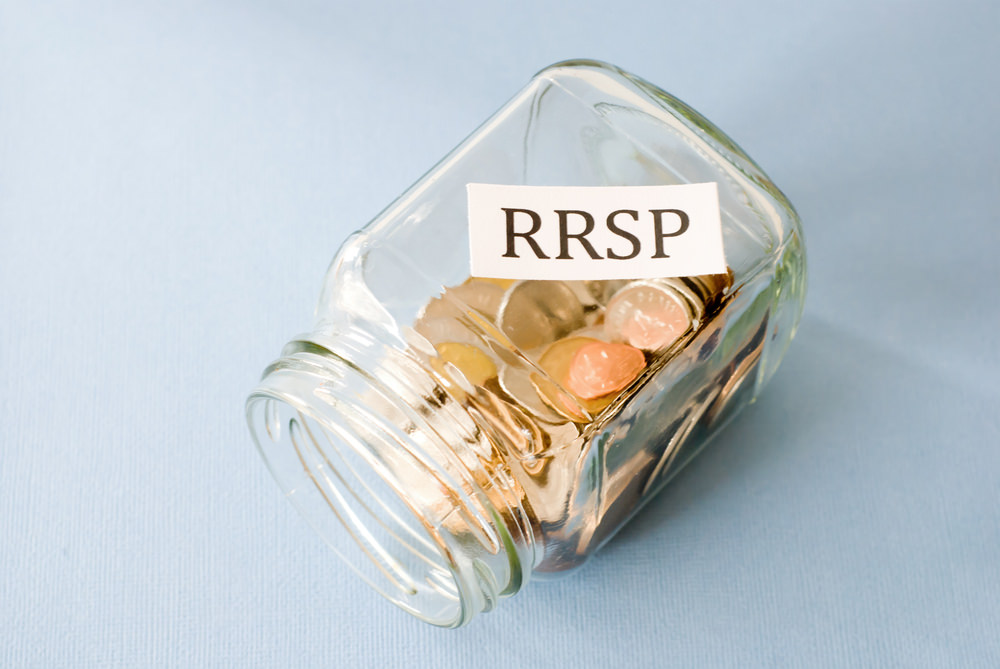The article “Are RRSPs Ever a Waste of Time?” was originally published on MoneySense on January 5, 2016.
Not everyone needs to max out their RRSPs at all costs
Q: I am a 38 year old school teacher and currently contributing to a bank RRSP. I will have a pension and am being told I am wasting my time with an RRSP. Should I stop contributing to the RRSP and if so, how should I save for retirement?
—Annette
A: I find that defined benefit (DB) pensions can be a bit of a double-edged sword—you have a nice income stream in retirement, but sometimes at the expense of too much saving today.
On that basis, Annette, I will say that there may be something to the advice that you have been given—“may” being the operative word.
Time and time again, I am concerned with the blanket financial advice that is given by the industry, the media, coworkers, brothers-in-law and so on. RRSPs are never a waste—they just might not be the best tool for you to achieve your own personal goals.
Sometimes a DB pension will cover all of your retirement needs. I work with many retired clients with DB pensions who are actually saving in retirement because their incomes exceed their expenses. It’s not a bad position to be in, but it may be a sign that someone could have retired earlier, spent more during their working years and so on if they had known better.
That said, if you are married and your spouse doesn’t have a DB pension, as a couple, you may need to accumulate more than just your DB pension, which will replace only a portion of your salary. If your spouse doesn’t work or they are in a lower tax bracket than you, it may be an excellent idea to contribute to your RRSP even though you will have a DB pension.
On the other hand, I work currently with married clients in their 30s who may be in a similar situation to you, Annette. If she continues to accumulate her DB pension, they don’t need to save much beyond their existing RRSPs to cover the balance of their retirement needs. However, they may be squeezed to get their mortgage paid off by retirement because they live in Toronto and are considering a larger home for their growing family.
In their case, they feel guilty not saving more, when in fact, they don’t really need to. They are saving plenty as it is through her DB pension and have amassed healthy RRSP balances already at a young age that will continue to grow for the next 30 years. Is contributing to an RRSP a waste? No. But not everyone needs to max out their RRSPs at all costs.
In their case—and potentially yours—contributing to a TFSA may be a good option. For an investor with moderate to high risk tolerance, if you can earn 5% on a TFSA and you’re paying 2.5% on your mortgage, over time, you may be better off amassing a TFSA balance that can someday be used to make lump-sum payments against a mortgage.
I think that one way to know with a reasonable degree of certainty how much to save beyond your DB pension and where to do it is to develop a retirement plan. You can project your future income and expenses for the rest of your life—holding a number of variables constant, no doubt—but it will give you a reasonable sense of how much you need to save in order to achieve your retirement goals.
In this way, you can determine how much you need to put aside each year over and above what you are accruing in your DB pension.
Whether or not the best vehicle is an RRSP or a TFSA, for example, is another story. Often if you’re going to be in a lower tax bracket in retirement, RRSPs can be a good choice. But a retirement plan can be used to model the impact of one choice versus the other based on your specific circumstances, rather than a blanket recommendation to do one or the other.
The only other advice that I will offer up to you, Annette, is that if you are saving up in an RRSP at a bank, there’s a good chance you’re paying high fees on your investments. One of the major problems with that these days is that if you are in a conservative mutual fund with a high exposure to bonds, you might be earning 2% on your bonds and paying 2% in fees on your investment—getting you no further ahead. Low interest rates are bad for investors generally, but in particular, for conservative Canadian mutual fund investors where the fees are wiping out the returns on fixed income.
That just further reinforces that there is no one-size-fits-all answer to financial decisions. One investor’s RRSP can be very different from another investor’s RRSP.
Evaluate what’s best and what’s a “waste” on your own rather than relying on blanket advice to do or not do something, Annette. And if you want to really personalize the perspective, a retirement plan can be a great tool.
Jason Heath is a fee-only, advice-only Certified Financial Planner (CFP) at Objective Financial Partners Inc. in Toronto, Ontario. He does not sell any financial products whatsoever.

